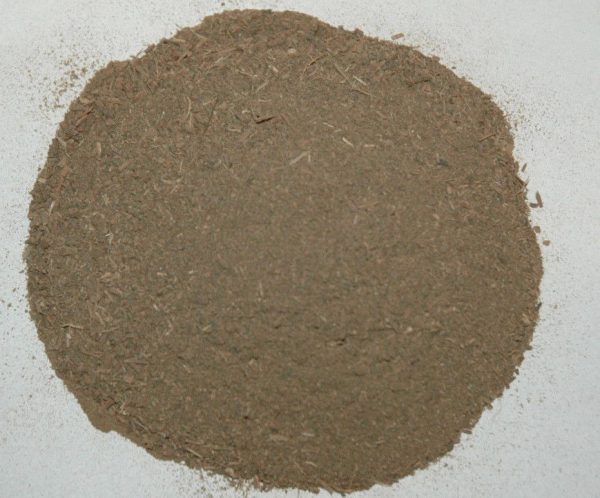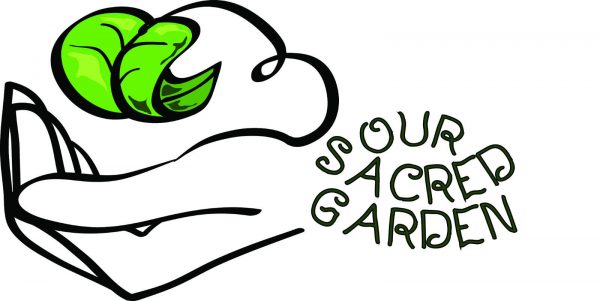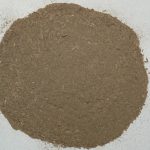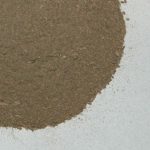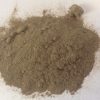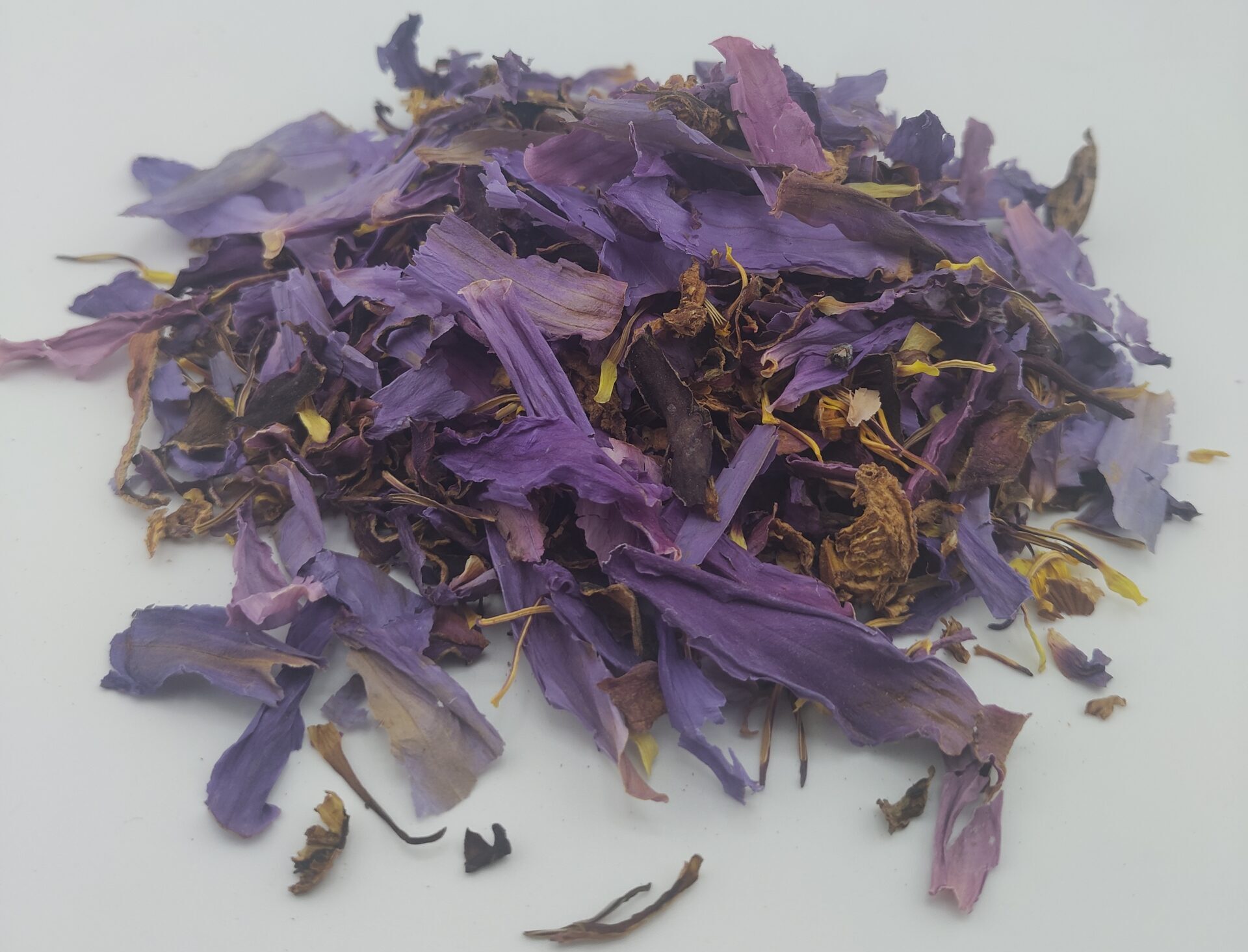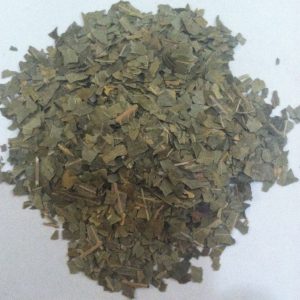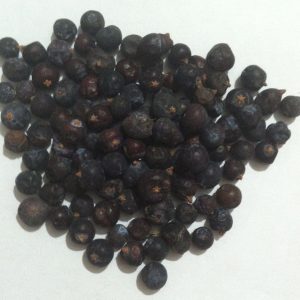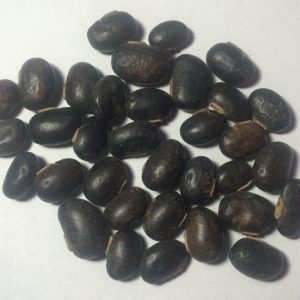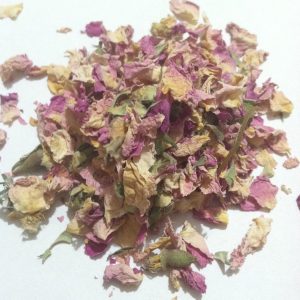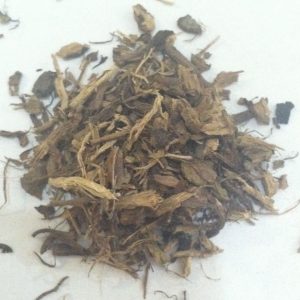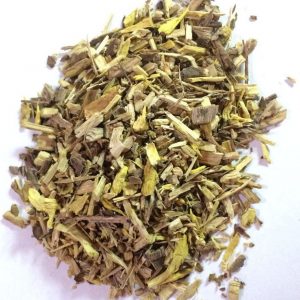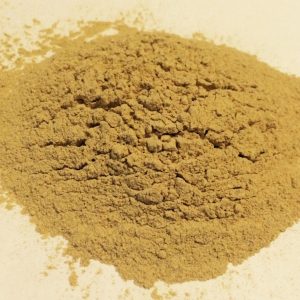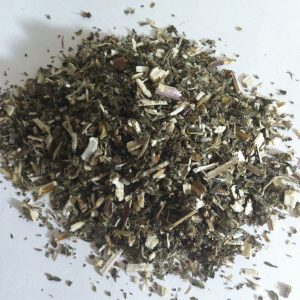Description
Bacopa monnieri (waterhyssop, brahmi, thyme-leafed gratiola, water hyssop, herb of grace, Indian pennywort) is a perennial, creeping herb native to the wetlands of southern India, Australia, Europe, Africa, Asia, and North and South America. Bacopa is a medicinal herb used in Ayurveda, where it is also known as “Brahmi”, after Brahma, the creator God of the Hindu pantheon.
Description
Bacopa monnieri in Hyderabad, India It is a non-aromatic herb. The leaves of this plant are succulent, oblong and 4–6 mm (0.16–0.24 in) thick. Leaves are oblanceolate and are arranged oppositely (opposite deccusate) on the stem. The flowers are small,actinomorphic and white, with four to five petals. Its ability to grow in water makes it a popular aquarium plant. It can even grow in slightly brackish conditions. Propagation is often achieved through cuttings.[3] Ecology It commonly grows in marshy areas throughout India, Nepal, Sri Lanka, China, Pakistan, Taiwan, and Vietnam. It is also found in Florida, Hawaii and other southern states of the United States where it can be grown in damp conditions by a pond or bog garden.[4] This plant can be grown hydroponically.
Nomenclature Brahmi is also the name given to Centella asiatica, particularly in North India, and Kerala where it is also identified in Malayalam as muttil (മുത്തിള്) or kodakan. This identification of brāhmī as C. asiatica has been in use for long in northern India, as Hēmādri’s Commentary on Aṣṭāṅgahṛdayaṃ (Āyuṛvēdarasāyanaṃ) treats maṇḍūkapaṛṇī (C. asiatica) as a synonym of brahmi,[6][7] although that may be a case of mistaken identification that was introduced during the 16th century.[8] Bacopa monnieri was initially described around the 6th century A.D. in texts such as the Charaka Samhita, Atharva-Veda, and Susrut Samhita as a medhya rasayana–class herb taken to sharpen intellect and attenuate mental deficits. The herb was allegedly used by ancient Vedic scholars to memorize lengthy sacred hymns
International naming The plant is known by many names in many international languages, including: (“Brahmi”) Hindi (India)
(Niirpirami)/ Valaarai in Tamil (Timare) in Kannada (Phak mi), พรมมิ (Phrommi) in Thai Lunuwila in Sinhalese (Sri Lanka) ʻaeʻae in Hawaiian (Hawaii) Rau Đắng in Vietnamese פְּשֵטָה שרועה (“psheta sru’a”) in Hebrew Kleines Fettblatt in German 假马齿苋 (“Jiǎ mǎ chǐ xiàn”) in Simplified Chinese



